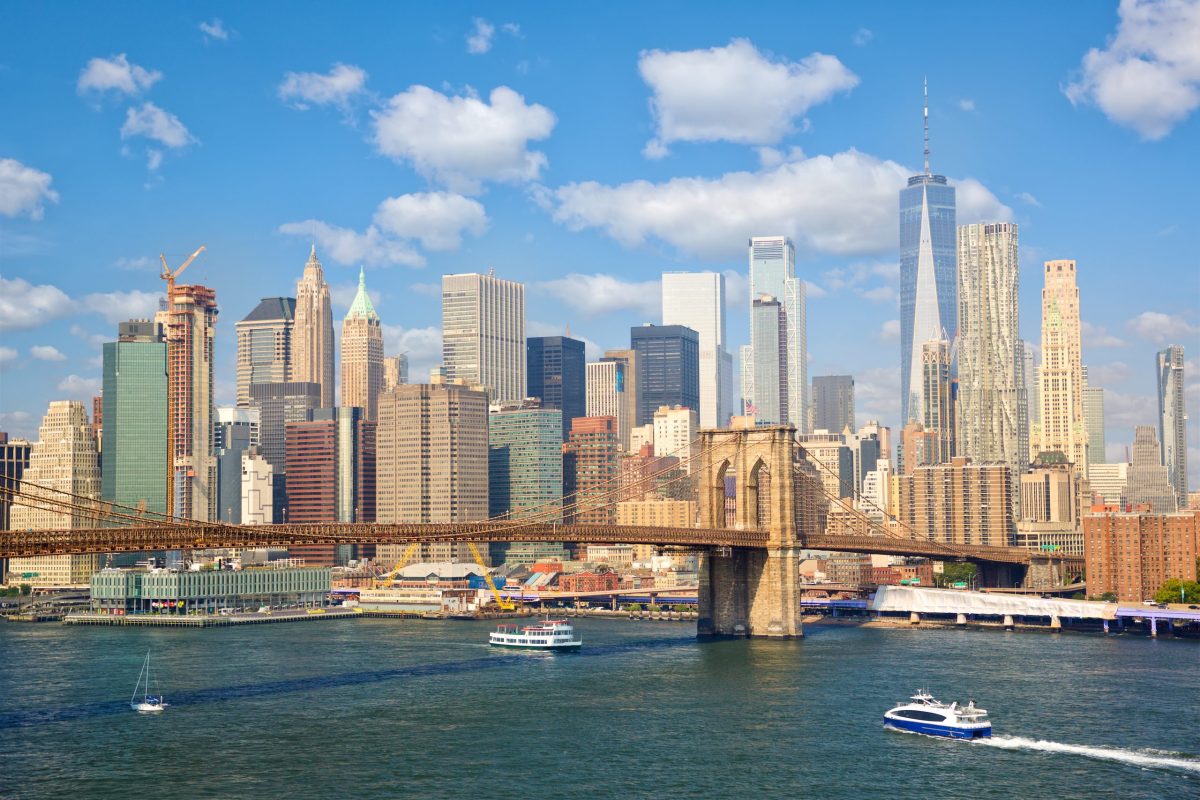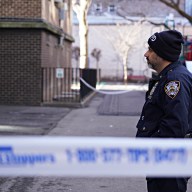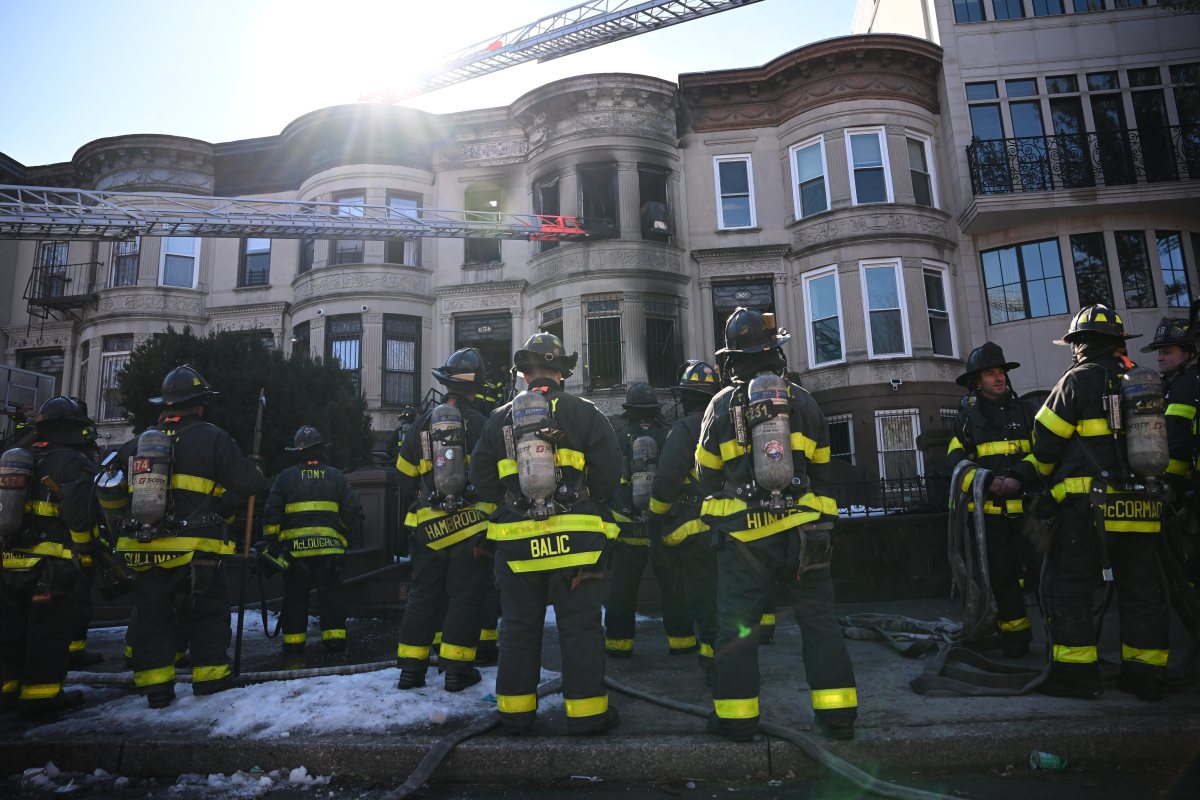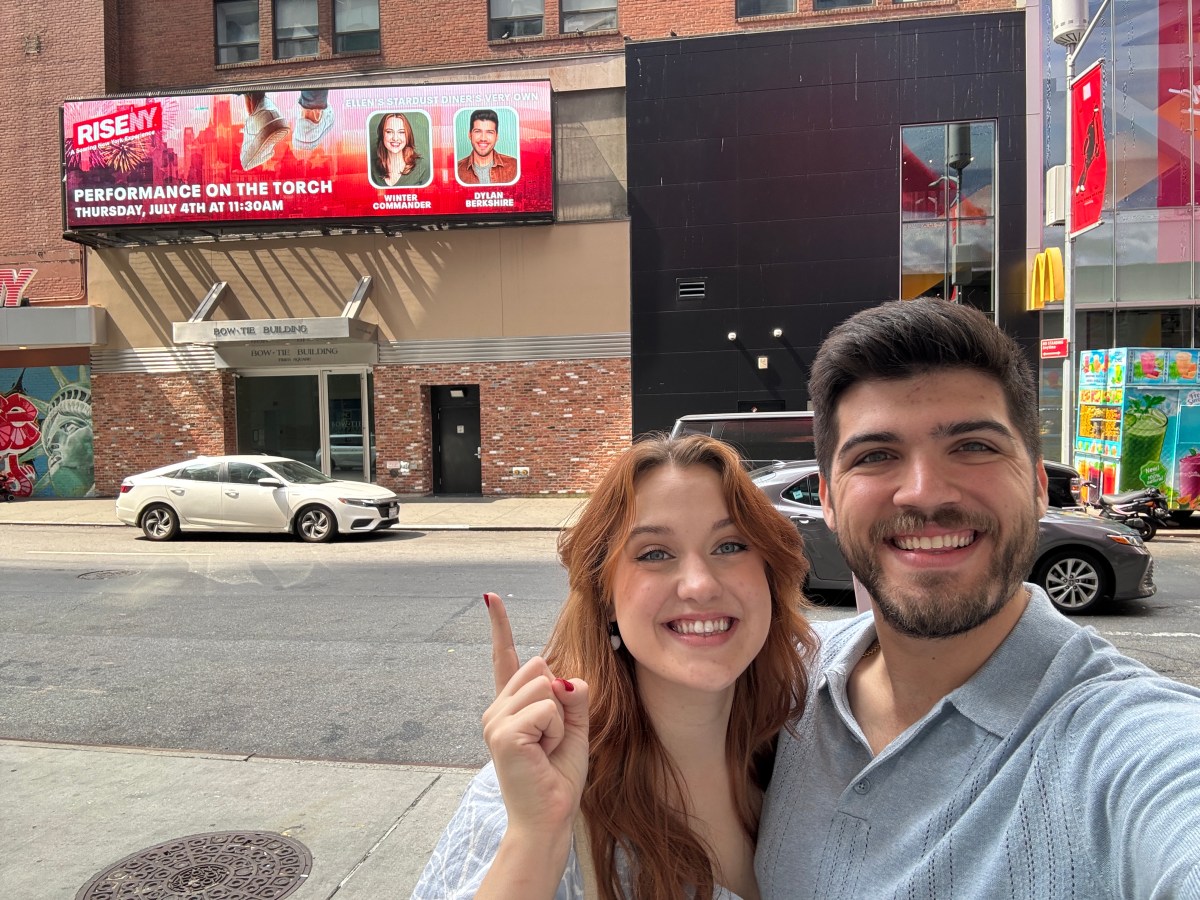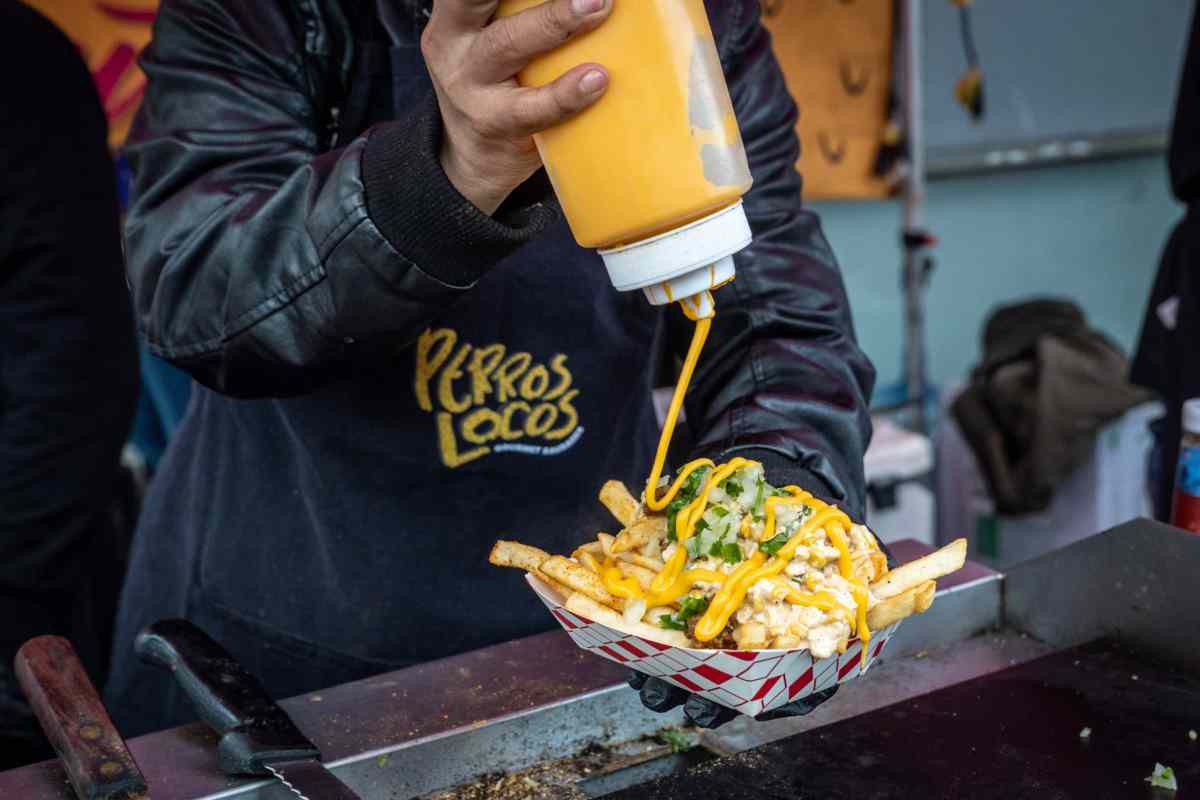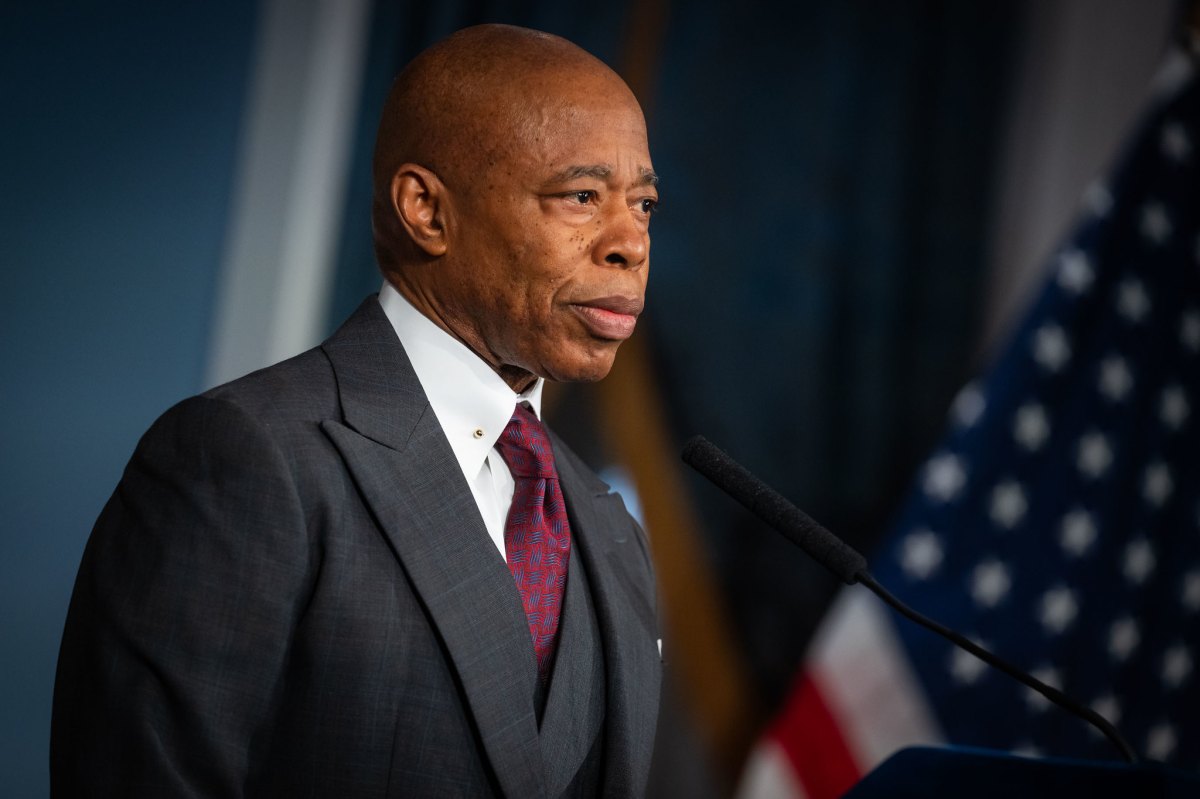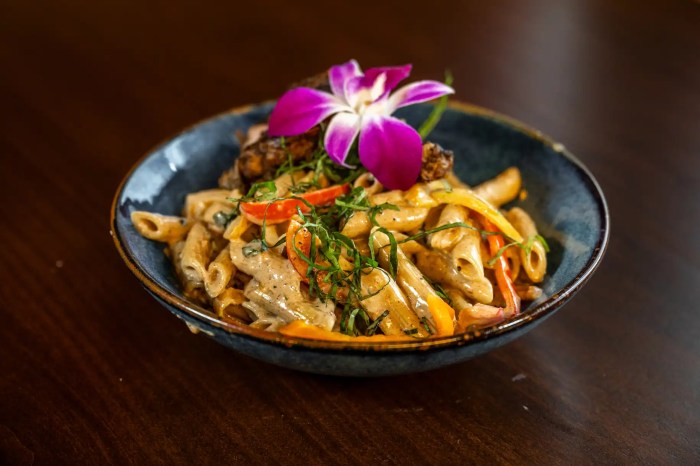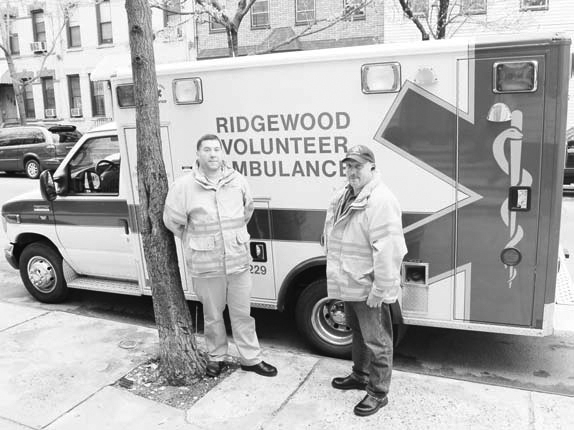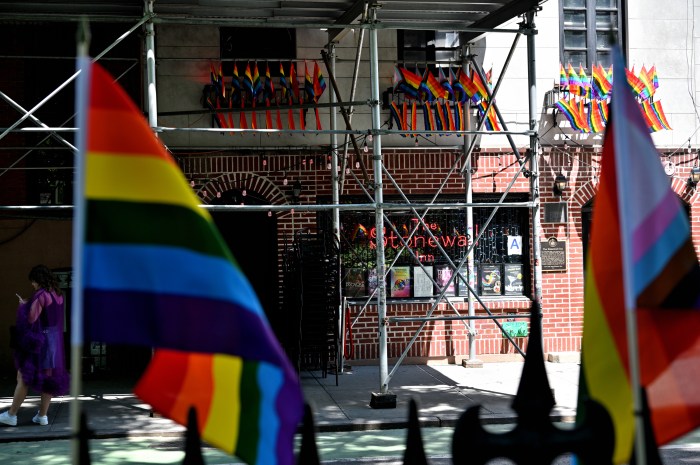After nearly three months, New York City is ready to make a comeback from COVID-19.
On Monday, June 8, the five boroughs will finally go into the first phase of reopening following the pandemic. About 400,000 New Yorkers are getting the signal to return to work in various trades that have been suspended or severely curtailed for weeks.
But no one heading back to work this week should expect to find the New York City that existed before the first COVID-19 case was detected here back on March 1. There will be plenty of restrictions, both in and out of the office, designed to protect workers, employers and customers alike from becoming potentially infected with the illness.
The MTA will also be ramping back up toward regular service come Monday, according to acting New York City Transit President Sarah Feinberg. Subway and bus service was reduced in late March after ridership plunged by 90%; the MTA implemented an altered “Essential Service” plan to keep essential workers across the city moving.
While regular subway and bus service will come back online, the MTA will continue overnight closures of the transit system for disinfection until further notice, Feinberg said Friday. The alternative service program for essential workers will remain during the overnight periods.
With that in mind, here are the major sectors of the New York City economy that will reopen Monday, and how it will affect you:
Construction
The long-missed sound of jackhammers hitting concrete will resume under Phase 1, with building equipment, building finishing, foundation, structure and building exterior contractors all permitted to get back to work.
The types of projects that will resume include non-emergency highway, bridge and street construction (emergency work was permitted during the New York PAUSE), land subdivision, nonresidential building construction, residential building construction and utility system constructions.
But all workers will need to socially distance and wear face masks while on the job to prevent the possible spread of COVID-19. Some other mandatory regulations on construction sites include limiting the number of workers in confined areas; limited equipment sharing; regular daily cleaning and disinfection of the job sites; and providing hand hygiene stations.
Manufacturing/Wholesale Trade
Machines will start humming in factories and warehouses across the city with the resumption of manufacturing and wholesale trade in the following fields as of Monday: apparel, computer and electronic product, electric lighting equipment, fabricated metals, furniture and related product, leather and allied product, machinery, nonmetallic mineral product, paper, petroleum and coal products, plastic and rubber products, printing and related support, textiles and wood.
As with construction, there will be limits to the number of workers who can gather in a certain space. Workers will be required to wear face masks. In-person gatherings will be limited; events such as conference calls must take place in well-ventilated areas.
Each business must designate drop-off/pick-up sites to limit contact and loitering. Employers must provide free masks to their workers and establish hygiene stations. There will also be limits with regard to sharing equipment.
Retail
A litany of non-essential retailers will also be cleared to lift the gates on their brick-and-mortar businesses — yet it won’t be business as usual for both clerks and customers alike.
The retailers that will reopen June include clothing stores, direct selling establishments, electronic/appliance stores, electronic shopping and mail-order houses, furniture and home furnishing stores, florists, general merchandise stores, health and personal care stores, jewelry/luggage/leather stores, lawn and garden equipment/supplies stores, office supplies/stationery/gift stores, used merchandise stores, shoe stores, sporting good retailers, hobby shops, musical instrument stores, book stores and other miscellaneous retailers.
All in-person sales must occur through a curbside or in-store pickup station. Browsing through the stores is off-limits to customers; in other words, you’ll need to call in your order or place it online in advance. Retailers can only employ enough workers to operate the pickup station.
Store personnel must wear face masks at all times and be kept six feet apart, or separated by plexiglass partitions if it’s impossible to meet that social distancing limit. Customers picking up items must stand in a queue with designated markings to keep all separated by 6 feet.
As with manufacturers, retailers must set up designated pickup/drop-off areas for deliveries and limit in-person gatherings.
What’s not open?
There will remain plenty of industries in New York City that will not reopen Monday, but there’s hope that they will reopen soon under Phase 2. There’s no timetable set for when New York City will go to the second phase of reopen, but that could come as soon as July — provided there isn’t a sudden spike in COVID-19 cases.
Five regions in New York state are already in Phase 2. The businesses that would reopen in that phase include regular offices, real estate brokers, car dealers, hair salons and barber shops, retail/rental repair and cleaning, outdoor dining and commercial building management.
But New York City’s just getting off the ground, and hopefully we’ll be getting closer to normalcy starting Monday.



